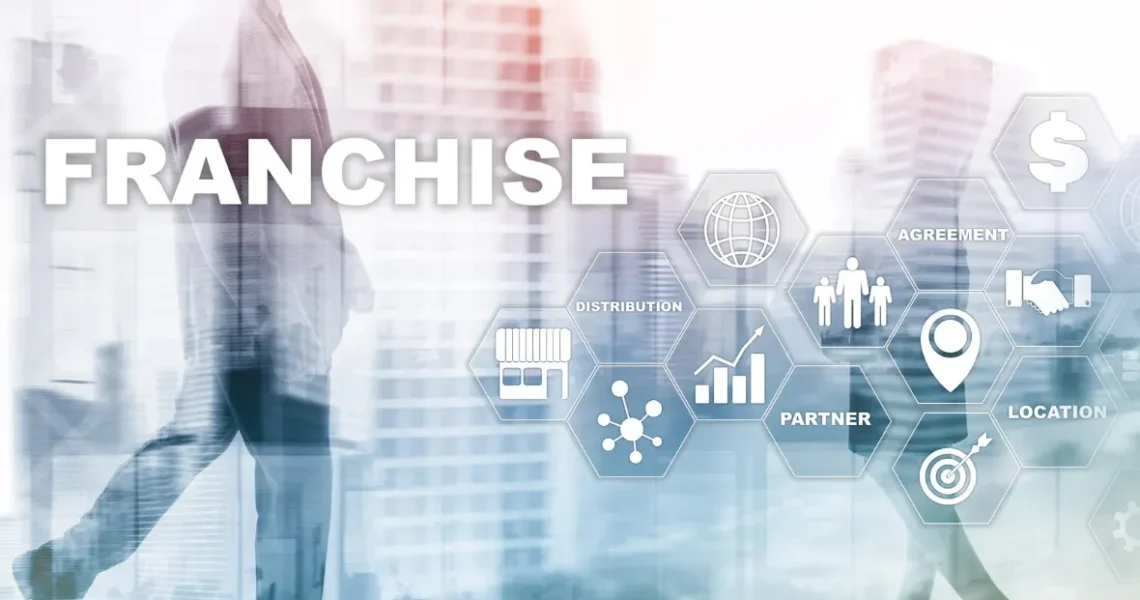Franchising has become one of the most effective ways for business owners in the UK to expand their brand and grow more rapidly than through traditional methods. By allowing independent operators to run their own outlets under your name, you can scale your business while reducing the financial risks that come with opening every new location yourself. However, transforming a business into a franchise is not free. There are costs involved in setting up the structure, meeting legal requirements, and creating the systems that make a franchise sustainable. Understanding these expenses is vital for any business owner considering this growth path.
Developing a Franchise Model
The first cost comes from designing a proper franchise model. Even if your business is successful, it cannot be franchised without a clear structure that can be replicated by others. This means creating training manuals, operational processes, brand guidelines, and systems that ensure each franchisee delivers the same customer experience. Many business owners choose to work with franchise consultants at this stage, who help design a scalable model and prepare documentation. Fees for this type of support can vary but usually run into thousands of pounds.
Legal Requirements
Franchising also involves legal costs. In the UK, franchisors must provide franchise agreements, which set out the rights and responsibilities of both the franchisor and the franchisee. Drafting these agreements requires specialist franchise lawyers to ensure that the documents are enforceable, fair, and compliant with industry standards. A well-prepared agreement protects your brand and reduces the risk of disputes. Legal fees for this process can also reach thousands of pounds, depending on the complexity of the business.
Marketing and Recruitment
Once the model is built and the legal documents are prepared, another cost is marketing the franchise opportunity to potential investors. You will need to create brochures, promotional material, and possibly advertise on franchise directories or attend franchise exhibitions. These activities can quickly add up, but they are essential for attracting quality franchisees. A strong recruitment campaign helps you reach individuals with the financial resources and skills to run a franchise successfully.
Training and Support
Franchisees are not only buying your brand; they are also investing in your training and ongoing support. Developing training programmes for new franchisees and their staff is an important part of franchising and requires both time and money. You may need to build training facilities, hire trainers, or invest in digital learning systems. In addition, ongoing support such as field visits, marketing assistance, and operational advice must be factored into your budget. These costs will continue once the franchise is up and running, but the initial investment to set up systems can be significant.
Infrastructure and Operations
Behind the scenes, a successful franchise needs strong infrastructure. This can include customer service teams, technology platforms, supply chain arrangements, and administrative support. If your business is small, you may need to expand your head office to handle the extra workload of managing multiple franchisees. These operational costs are often overlooked but play a crucial role in maintaining consistency across the network.
Total Costs
So how much does it actually cost to franchise a business in the UK? While figures vary depending on the size and complexity of the business, most companies should expect to spend anywhere from £15,000 to £30,000 to prepare their business for franchising. This amount covers consultancy, legal fees, marketing, and initial support systems. Larger businesses with more complex models may spend significantly more, but this range provides a general guideline for small to medium enterprises considering franchising for the first time.
Conclusion
Franchising your business in the UK is a powerful way to achieve growth, but it requires careful planning and investment. The costs include developing a franchise model, paying for legal agreements, building training programmes, marketing the opportunity, and setting up infrastructure to support franchisees. On average, the total expense to franchise a business falls between £15,000 and £30,000, though this figure can rise for larger operations. By understanding these costs upfront and preparing properly, business owners can build a franchise system that not only attracts the right partners but also protects the brand and ensures long-term success.

